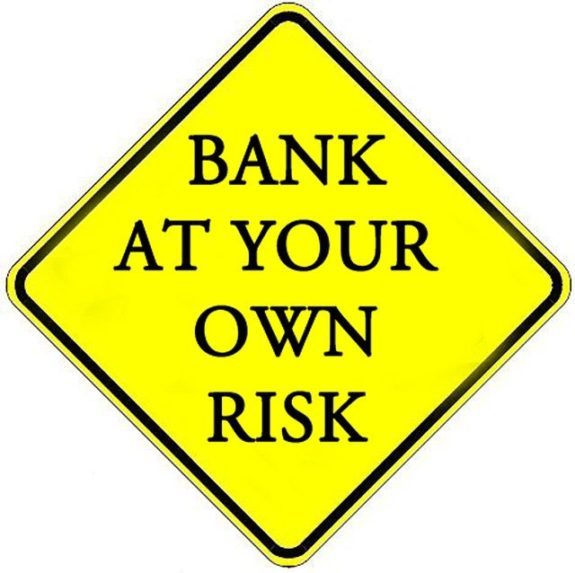
April 23, 2017; Washington Post
Nonprofit organizations working to help those in war-torn countries have a host of problems to worry about. Will employees working overseas be safe? How can the nonprofit serve as many people as possible with limited supplies? These issues can certainly hinder a nonprofit’s progress, but none more so than a banking move known as “derisking.” Banks working with international aid organizations have been known to freeze accounts and significantly delay wire transfers, or refuse to work with these organizations altogether, to avoid a risk of unintentionally funding terrorism.
The Charity and Security Network recently released a report on the impact of bank derisking on nonprofit organizations. They determined that two-thirds of U.S.-based nonprofits doing work abroad have difficulty accessing their finances because of this phenomenon, with the most common issues being significant delays in transferring funds or requests from banks for “unusual documentation.”
Unfortunately, what this has meant for U.S. nonprofit organizations and their employees working in other countries is that rather than relying on the safety of a bank for money transfers, 42 percent of these organizations report that they carry cash. Seen another way, as a consequence of bank derisking, these nonprofit organizations have now taken on greater risk. Interestingly, the Charity and Security Network report found that these financial access issues were faced by all international aid organizations, not only those working in high conflict countries.
Sign up for our free newsletters
Subscribe to NPQ's newsletters to have our top stories delivered directly to your inbox.
By signing up, you agree to our privacy policy and terms of use, and to receive messages from NPQ and our partners.
Why are banks focusing their derisking efforts on nonprofit organizations? An international governing body known as the Financial Action Task Force (FATF) was created in 1989, mainly to combat money-laundering operations. In 2001, however, after the 9/11 attacks in the U.S., terrorist financing was added to their purview and the USA PATRIOT Act was passed. During that time, charities were identified as “particularly vulnerable” to financial abuse by terrorist groups. Although that claim was retracted last year, the idea remains. Rather than determine how to mitigate this risk, banks have opted to avoid it completely. This means that in times of humanitarian crisis, nonprofit organizations could lose access to their funds or cannot send funds where they are needed to serve people.
But while the risk is theoretical, the humanitarian impact is very real, according to Sue Eckert, co-author of the Charity and Security Network report.
Delays in financial transfers can mean life or death for some of the most vulnerable populations. This is a problem that is far more pervasive than previously anticipated. The scope and nature of financial access difficulties represents a serious and systemic challenge for American nonprofit organizations and this comes at an all-time high in terms of humanitarian assistance needed.
In the spring of 2016, The Stakeholder Dialogue on Derisking brought together key players from various institutions—banking, humanitarian aid organizations, remittance companies, and more—to begin coming up with a solution. A partnership announced shortly after this meeting between the World Bank, the Central Bank of Somalia (CBS), and Abrint AS, a financial governance company based in Norway, appears to stem from the meeting’s recommendations. Abrint serves as a “trusted agent” to the CBS and regulates financial transactions for funds coming into Somalia. Although it is still too early to tell if the relationship is working, it does appear to be a promising solution to a difficult problem.—Sheela Nimishakavi











